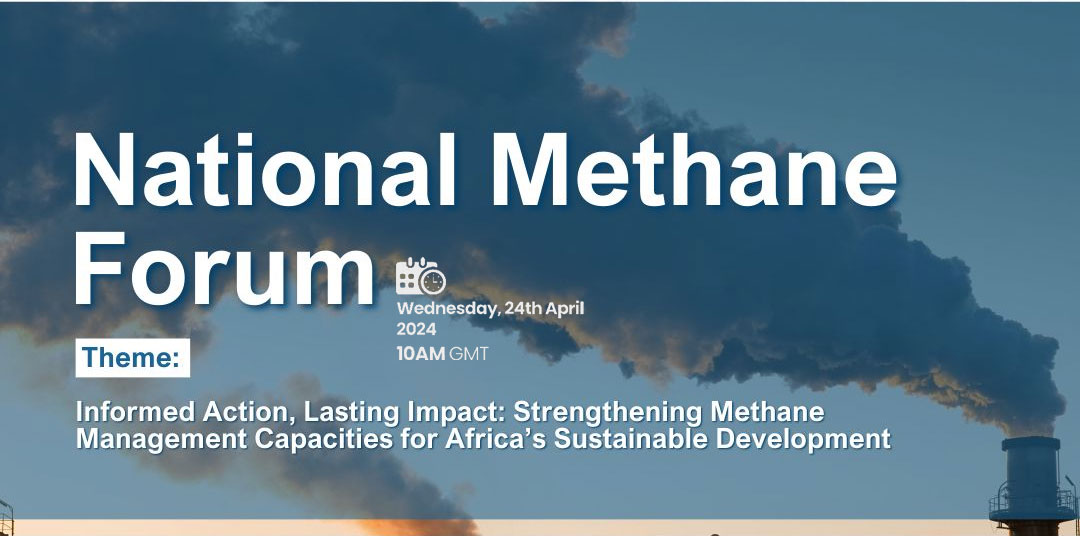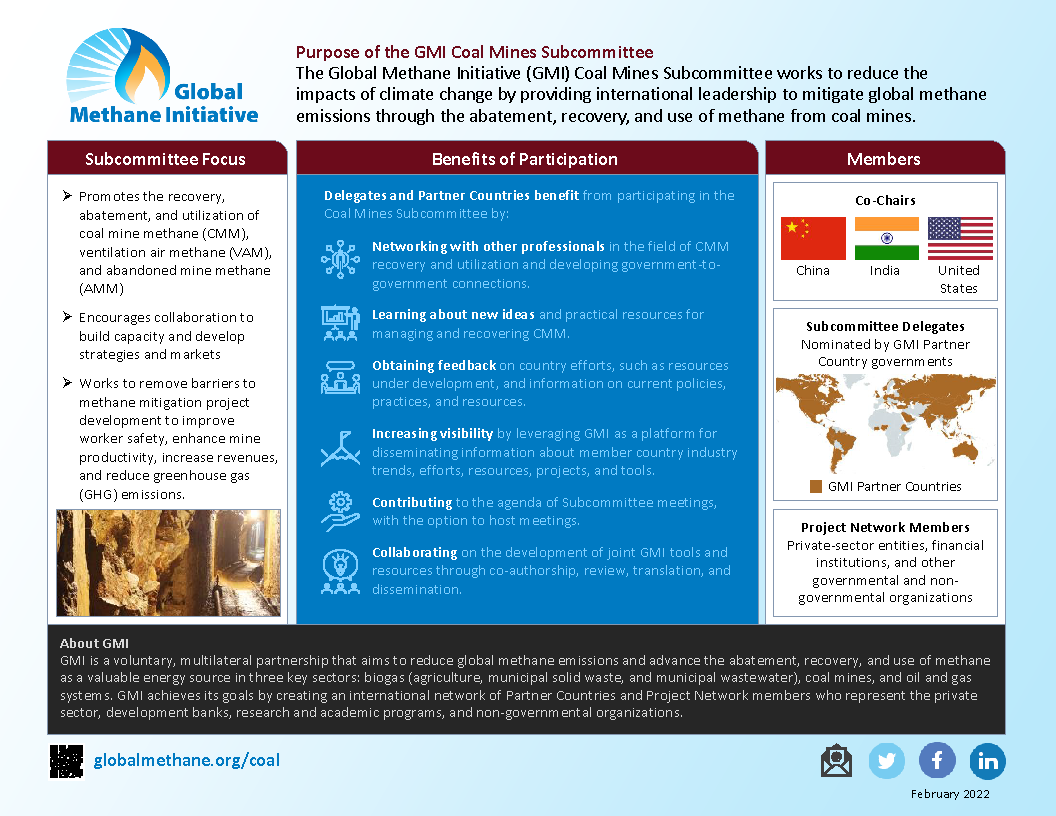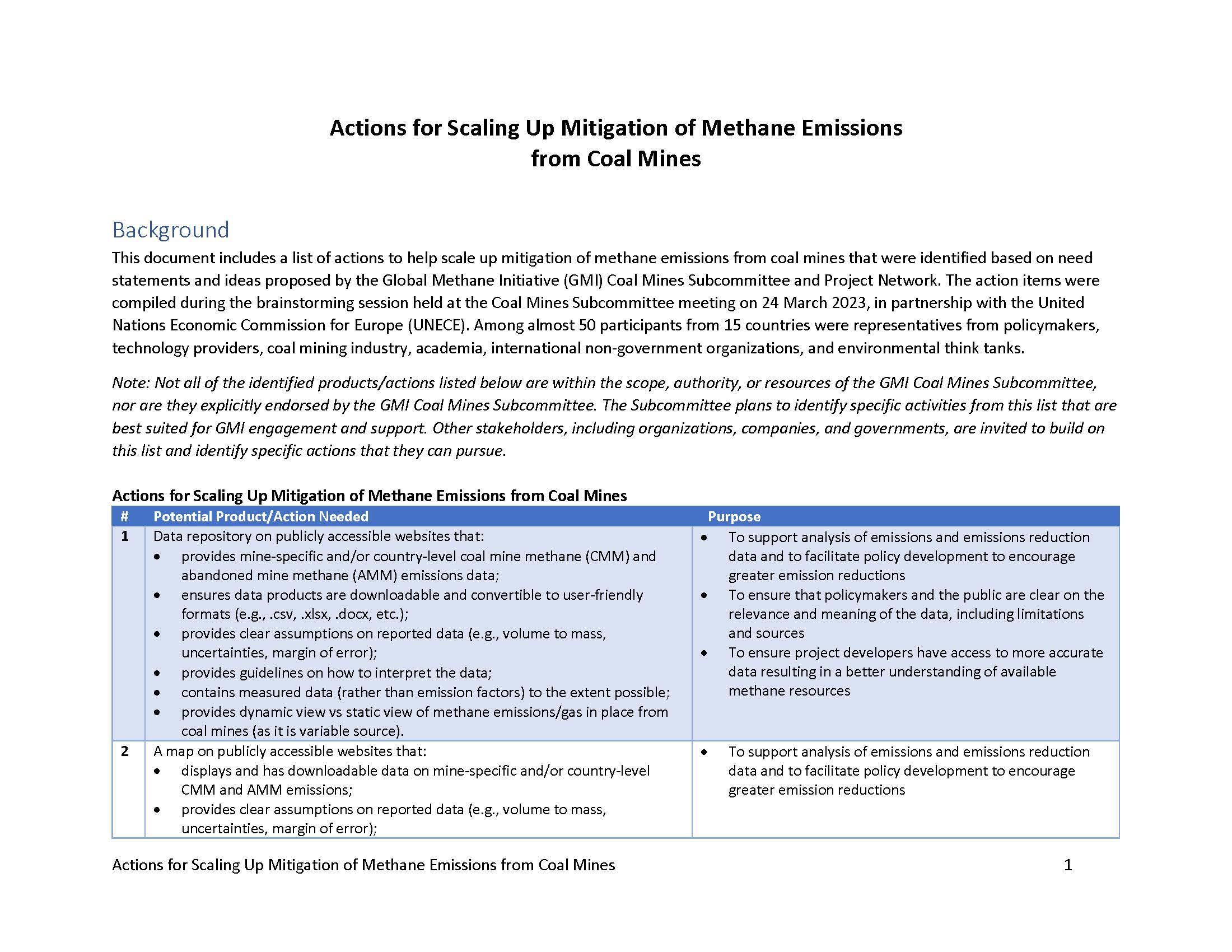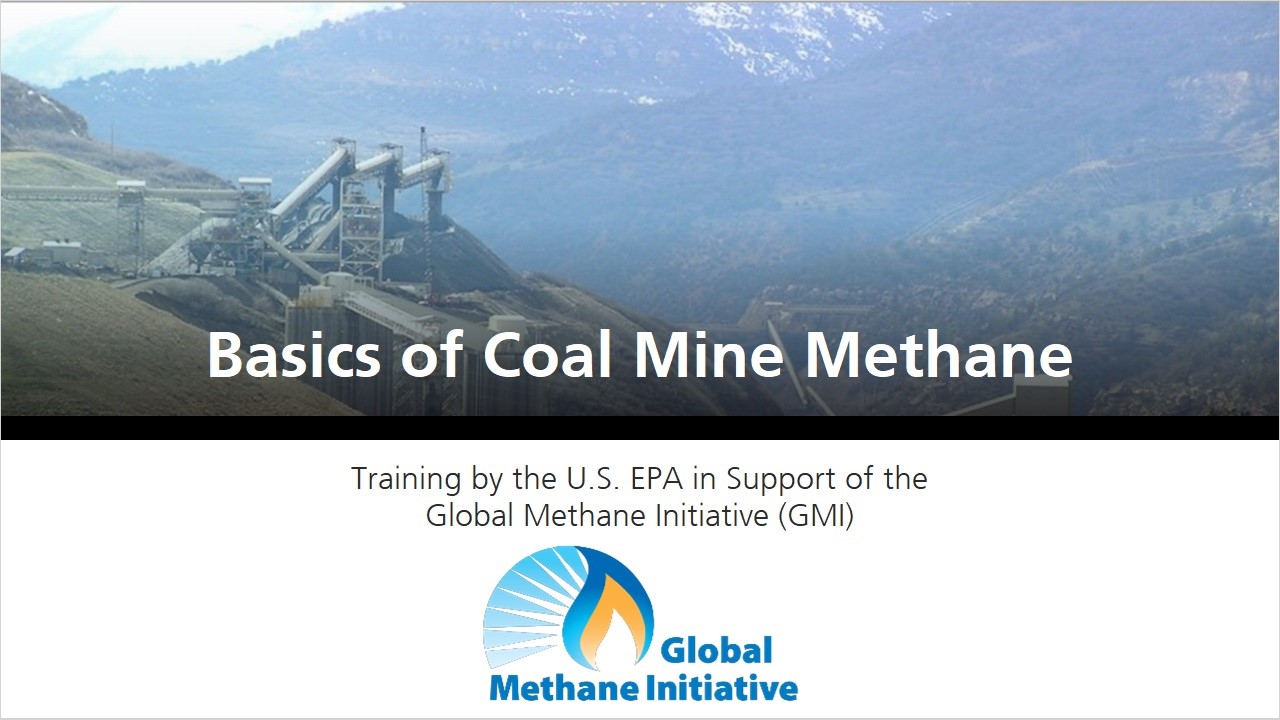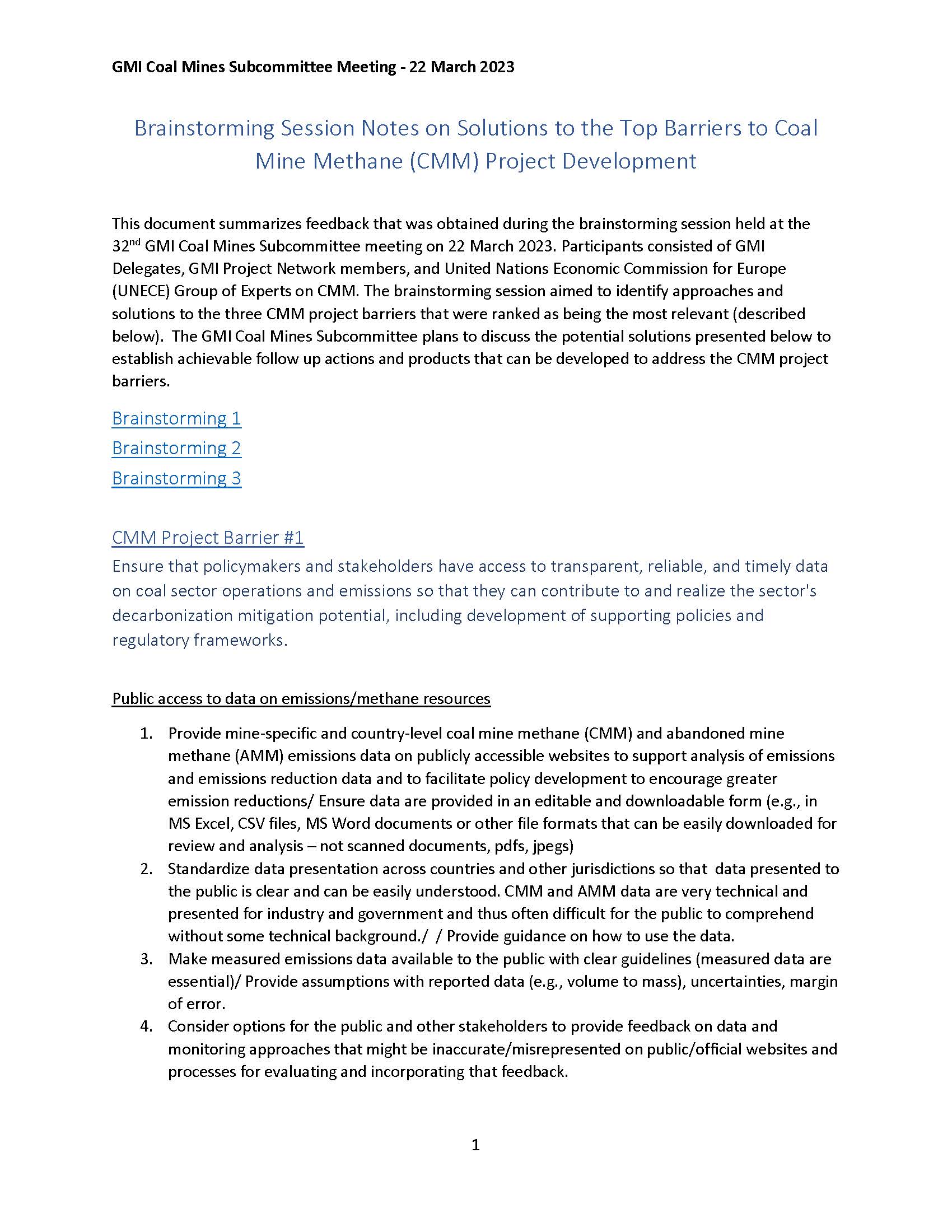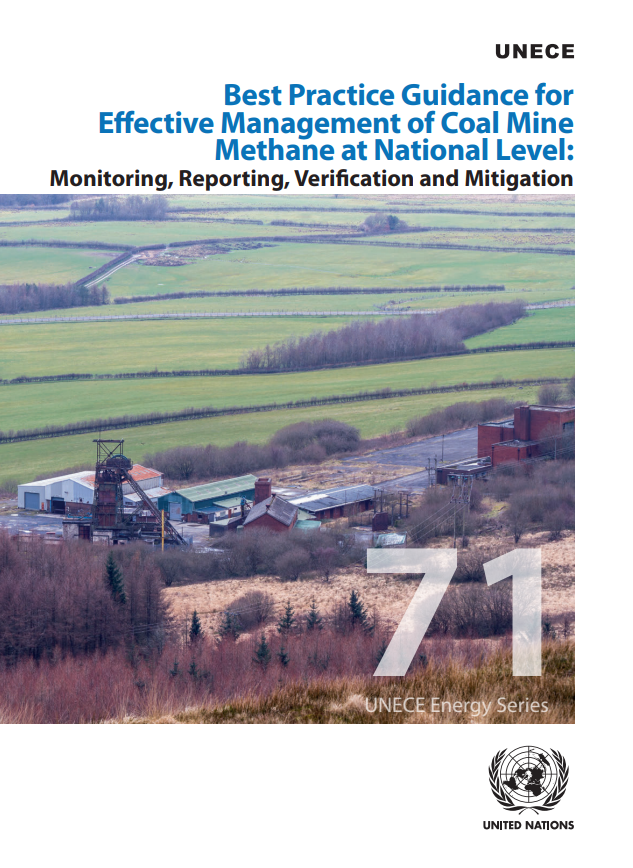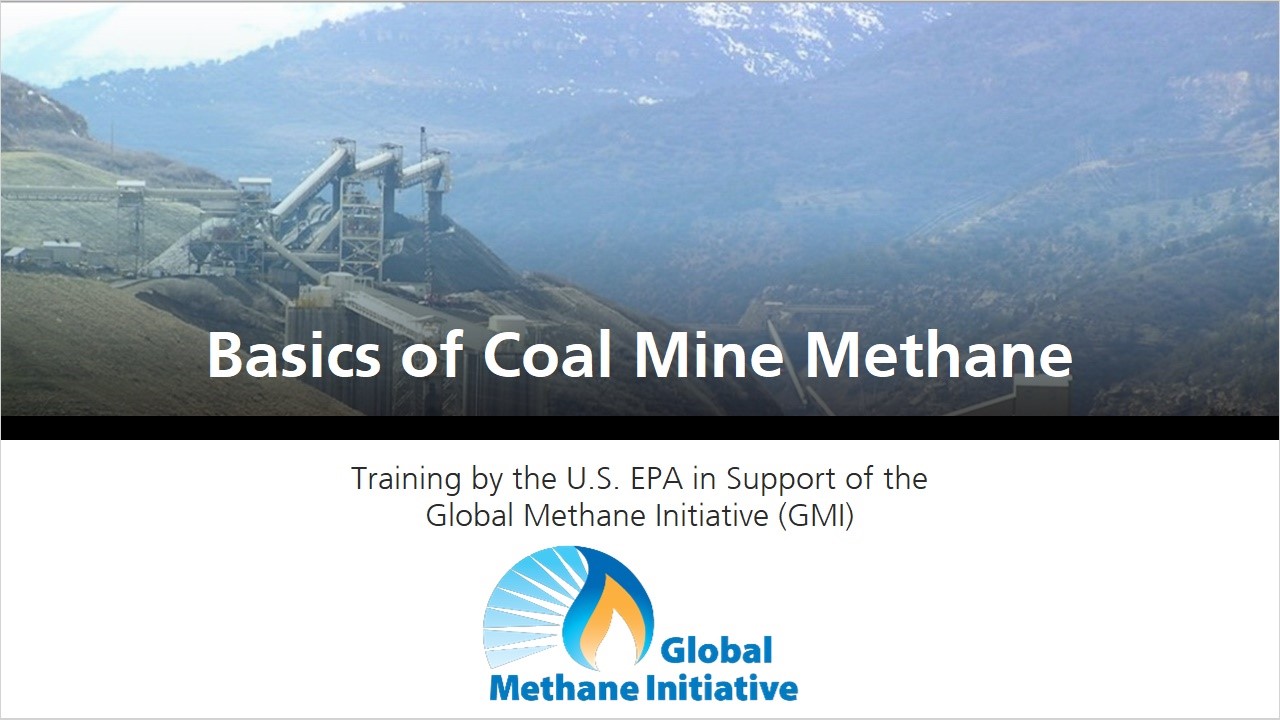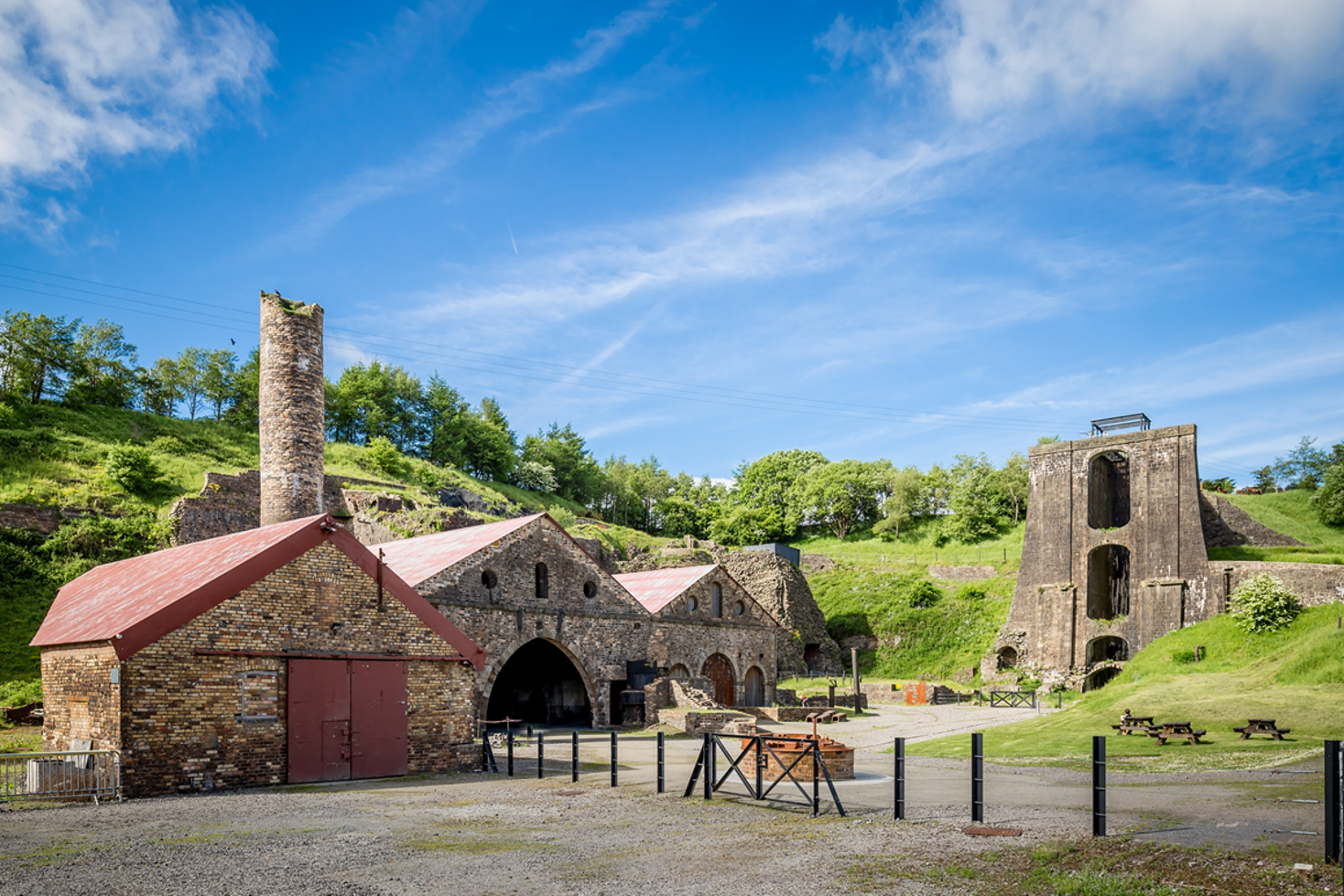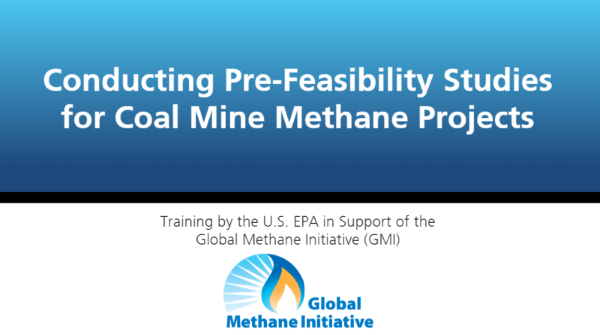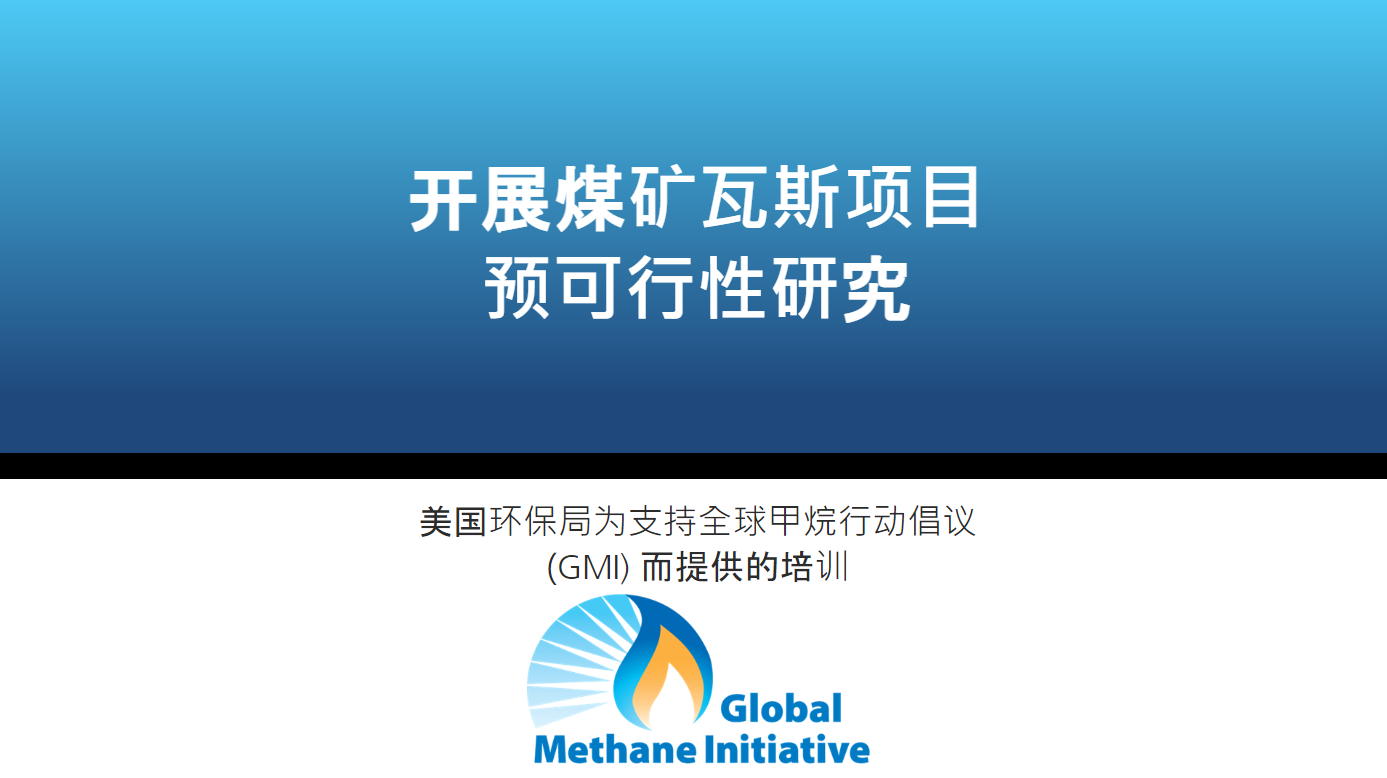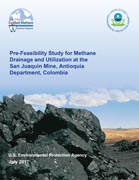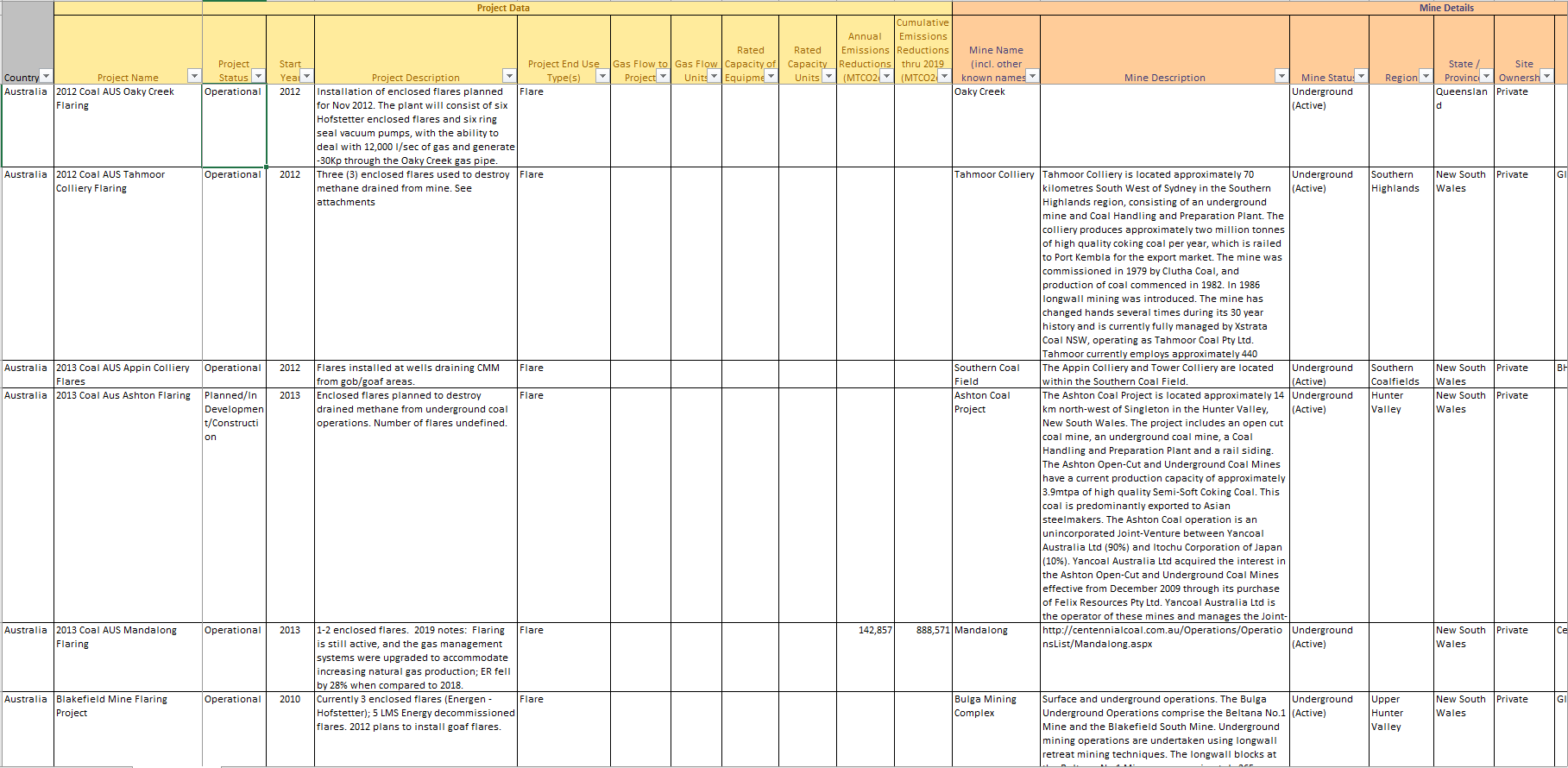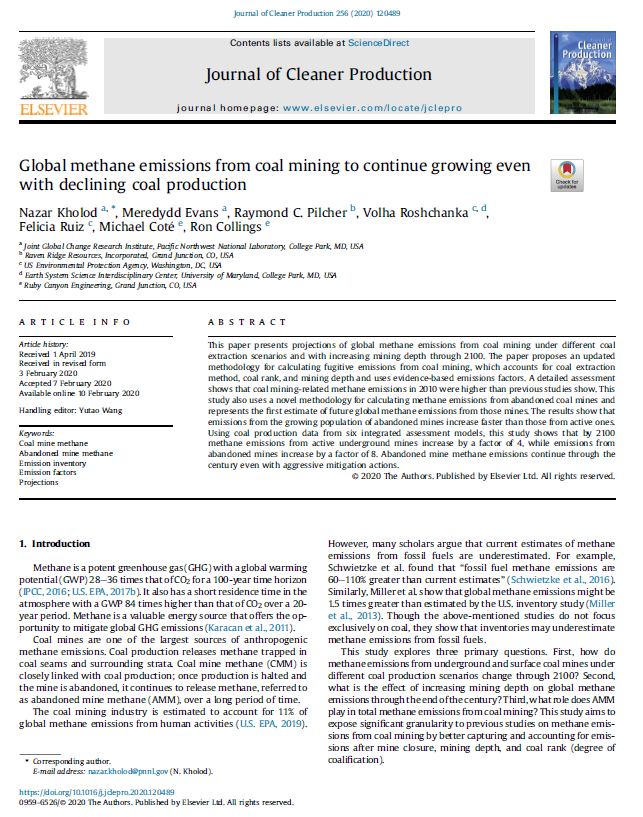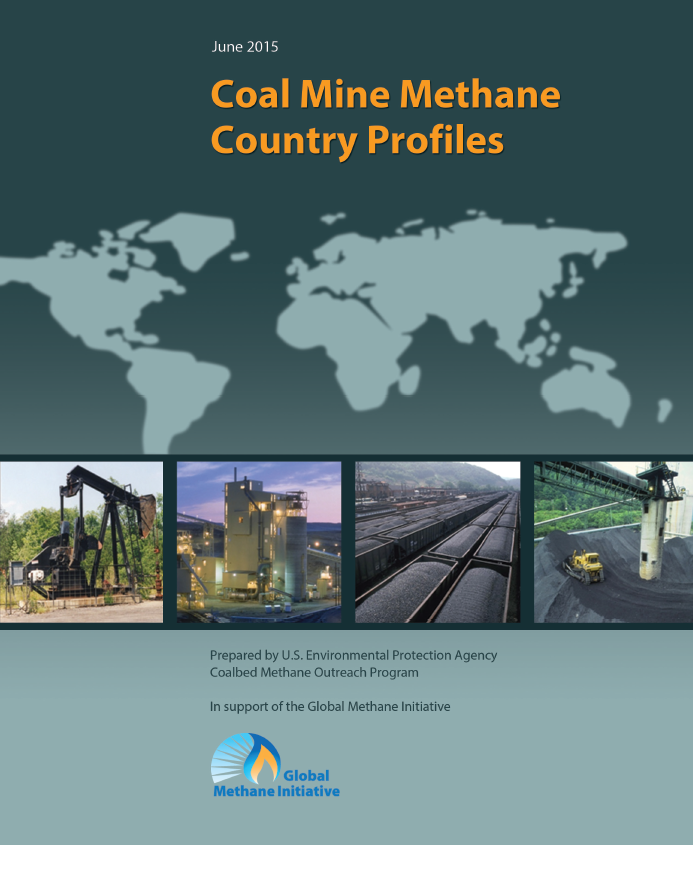Upcoming Events
National Methane Forum
24 April 2024, Accra, Dzorwulu, Ghana
13th International Mining Geology Conference 2024
7–8 May 2024, Perth, Australia
The 13th International Mining Geology Conference will be held in Perth, Australia from 7 – 8 May 2024. The conference provides an interdisciplinary platform for researchers, practitioners, and educators to present and discuss innovations, trends, challenges, and solutions related to delivering value, planning, decision-making in geology, power of communication, and environmental responsibility. During the conference, industry experts will discuss advancements in mining geology, solutions to shared challenges, sustainable practices, and current techniques to maximize orebody, increase productivity, and improve decision making.
12th International Mine Ventilation Congress 2024
12–15 August 2024, Sydney, Australia
The 12th International Mine Ventilation Congress (IMVC) will take place in Sydney, Australia from 12-15 August 2024. The IMVC series is the only global gathering of the mine ventilation engineering community, and the event will include discussions about new technologies and developments to improve and refine ventilation, refrigeration, cooling, and health and safety in mines globally.
The conference theme is “Ventilation Engineering - The Heartbeat of Mining,” and it will focus on the opportunity to simultaneously promote safe ventilation practices and enhance the productivity and operational effectiveness of mines. The management of Ventilation Air Methane (VAM) and greenhouse gases (GHGs) will be among the topics covered during the event.
17th International Conference on Greenhouse Gas Control Technologies
20–24 October 2024, Calgary, Canada
The 17th International Conference on Greenhouse Gas Control Technologies (GHGT-17) will be held in Calgary, Canada from 20 – 24 October 2024. This conference series is held every two years and it is a principal event covering greenhouse gas mitigation technologies, with a focus on storage, carbon capture, and utilization.
